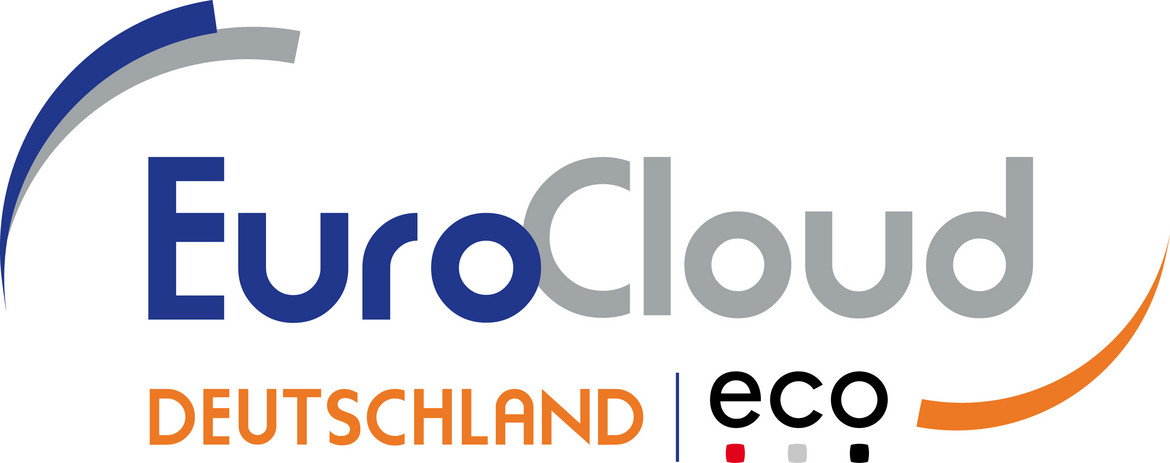Complexity Made Simple: Having Customers Benefit Via Cloud Native
How Cloud Natives bring hyperscalers and customers into the business. A talk with Marc Korthaus, founder & CEO at SysEleven, and Soenke Ruempler, co-founder at superluminar.

© metamorworks| istockphoto.com
Integrate cloud innovations into digital products, support strategic cloud issues and reduce complexity: How Cloud Natives bring hyperscalers and customers into the business. A talk with Marc Korthaus, founder & CEO at SysEleven, and Soenke Ruempler, co-founder at superluminar.
Nils Klute: How do you help your customers?
Marc Korthaus: We make sure that applications run in a high-performance, stable, and secure manner. As a cloud and Kubernetes service provider, we specialize in running business-critical systems in a distributed manner, making workloads scalable, and also enabling this on our own OpenStack Cloud in a way which is 100% GDPR-compliant.
Soenke Ruempler: We are specialists in Amazon Web Services (AWS), we develop software, provide strategic consulting, and support startups, media companies, and MDAX companies, among others, in their public cloud journey.
Klute: What is it that makes your work complex?
Ruempler: One example is the sheer volume of services offered by hyperscalers. Today, AWS has more than 200 services in its spectrum. Every week, new ones are being added, and keeping up with all of them is an intricate process.
Korthaus: Companies may want to migrate their workloads from one hyperscaler to another, taking full advantage of the potential of cloud native technologies while still complying with European data protection requirements.
Ruempler: Whether it’s to do with elastic or serverless, Kubernetes or microservices – the interaction is anything but trivial. If users don’t know the ropes, they’re likely to make mistakes. Anyone who would like to launch containers in AWS can currently do so in 17 different ways. In the mass of services, there are many of them that in part work similarly...
Klute: ...having many options initially sounds positive, doesn’t it?
Ruempler: That’s right. Services from AWS are also very reliable, because the provider almost never retires them, but the result is the “paradox of choice” and many legacy issues. If you want to replace them with new, higher-quality services, you have to know your stuff.
Klute: What is it that has AWS pursuing this course?
Ruempler: As customers request services, AWS develops them. To this end, the hyperscaler is structured in teams that are particularly adept at transforming requests into services, subservices, and features. In this way, new services are created quickly and often as an MVP (Minimum Viable Product). The consequence could be a jungle of services, where AWS itself can no longer see the forest for the trees. This is where cloud native providers like us come in and offer a perspective.
Klute: Mr Korthaus, how do you offer such a perspective?
Korthaus: Together with our customers, we define requirements and design an implementation plan. Then we expand or deepen the know-how in our client teams. The goal is not only to operate applications smoothly and securely, but also to optimize them. Navigate, Educate, and Operate – an approach to building cloud native strategies that we call the NEO-Method.
Klute: How does this work technology-wise?
Korthaus: It can be achieved, for example, via the open source projects OpenStack and Kubernetes. This keeps workloads portable between different infrastructure providers. While German companies, for example, then process their personal and business-critical data from customers solely in Germany, they simultaneously use the hyperscalers’ public clouds for other, non-personal applications.
Klute: How important are partners in this regard?
Ruempler: Very important! The market is becoming more and more specialized. Everyone has to know exactly what they can do and where their own limits lie. If someone is looking for a partner to migrate an SAP system to AWS, there are experts who can get a better handle on this than we do.
Korthaus: The shortest path is reputed to lead directly to the hyperscalers. But providers in Germany have to ask themselves with whom they want to cooperate in the short, medium, and long term, and with whom and at what cost they want to risk a lock-in. Kubernetes is an example of avoiding lock-in and excessive costs in the long-term, as is Privacy Shield: The market is looking for solutions. All players would be well advised to get prepared for this now and weigh up the pros and cons.
Klute: And how important are partners for the business of the hyperscalers themselves?
Ruempler: Here, too, we break down the complexity and align supply and demand. Their size alone doesn’t mean that hyperscalers are in a position to serve every business themselves. That’s where partners are needed.
Korthaus: As a provider of our own OpenStack Cloud, we develop business through system houses, integrators, and cloud native consultancies, such as those who join forces at EuroCloud Native. The cloud natives form an exciting and agile landscape, one that helps us to resolve the complexity of the cloud and translate it into business models.
Klute: What can this look like in practical terms?
Ruempler: Take superwerker as an example: Together with kreuzwerker, we have launched an open source product that allows cloud novices to set up an AWS easily and securely without much trial and error. The setup contains necessary basic services – especially with regard to security – and prevents typical errors. Services, defaults, and best practices can be adopted, rather than having to manually select and configure them. Users are pleased with the cost and time savings. And AWS is pleased with its new customers.
Korthaus: This is an example that shows how complex things can be made simpler to bring more and more companies to the cloud. And it’s also an example that makes it clear what kind of attitude is also needed elsewhere to resolve digital sovereignty issues. As we wait for the answer that Gaia-X will provide, here I see great opportunities for German cloud offerings – and for Europe.
Thank you for the interview!
Marc Korthaus is Founder and CEO of SysEleven GmbH. SysEleven is a leading cloud and Kubernetes service provider specializing in the operation of distributed and mission-critical systems and the rapid scaling of workloads.
Nils Klute is IT Editor and Project Manager Communication Cloud Services at EuroCloud Germany. He is responsible for content marketing activities on topics such as GAIA-X and AI, supports initiatives such as Service-Meister, EuroCloud Native or systems integrators on their cloud journey. Prior to his start at eco in 2018, Nils worked as a corporate journalist for IT corporations (like SAP, T-Systems, and QSC at Cologne-based communication agency Palmer Hargreaves) and previously held public relations positions at market and economic research institutions.
Please note: The opinions expressed in Industry Insights published by dotmagazine are the author’s own and do not reflect the view of the publisher, eco – Association of the Internet Industry.







